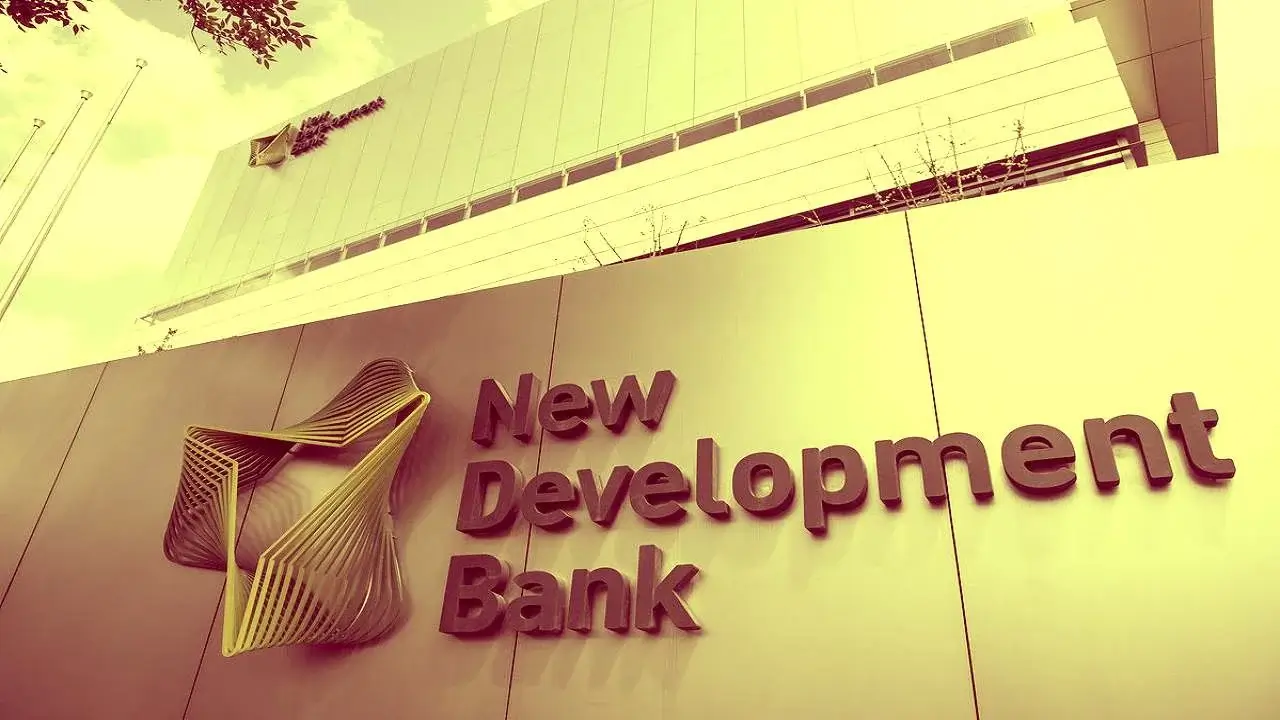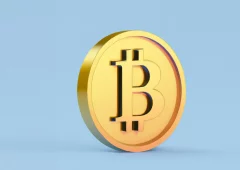New Country Joins BRICS Bank, Boosting Momentum to Move Beyond the Dollar
24.05.2025 16:00 1 min. read Alexander Stefanov
In a move that underscores the global pivot away from U.S. dollar dominance, Algeria has officially joined the BRICS New Development Bank (NDB).
This marks a major milestone in the broader de-dollarization push, as emerging economies seek alternative financial frameworks and reduced dependency on Western institutions.
The expansion of the BRICS bank not only strengthens the coalition but also reinforces the use of local currencies in cross-border trade, accelerating what analysts now call a global currency realignment. NDB President Dilma Rousseff highlighted that the bank’s growing reach is designed to promote development without reliance on Western monetary systems.
Algeria’s decision signals a clear intent to back financial independence strategies, as countries in Africa, Asia, and beyond distance themselves from the U.S.-led economic order. Increasingly, nations are embracing currency substitution models—especially in energy and infrastructure deals—as frustrations grow over the influence of the IMF and World Bank.
Spearheaded by China and Russia, the BRICS alliance is developing parallel financial structures aimed at reducing the dollar’s role in international commerce. This includes alternative payment systems, new trade agreements, and collaborative lending efforts through the NDB.
With Algeria’s addition, the BRICS financial ecosystem gains both regional influence and strategic resources, opening new channels for non-dollar development finance. As more nations show interest in joining, the momentum behind a multipolar financial future continues to build.
-
1
Robert Kiyosaki Predicts When The Price of Silver Will Explode
28.06.2025 16:30 2 min. read -
2
Trump Targets Powell as Fed Holds Rates: Who Could Replace Him?
27.06.2025 9:00 2 min. read -
3
U.S. PCE Inflation Rises for First Time Since February, Fed Rate Cut Likely Delayed
27.06.2025 18:00 1 min. read -
4
Key U.S. Economic Events to Watch Next Week
06.07.2025 19:00 2 min. read -
5
Gold Beats U.S. Stock Market Over 25 Years, Even With Dividends Included
13.07.2025 15:00 1 min. read
Gold Beats U.S. Stock Market Over 25 Years, Even With Dividends Included
In a surprising long-term performance shift, gold has officially outpaced the U.S. stock market over the past 25 years—dividends included.
U.S. Announces Sweeping New Tariffs on 30+ Countries
The United States has rolled out a broad set of new import tariffs this week, targeting over 30 countries and economic blocs in a sharp escalation of its trade protection measures, according to list from WatcherGuru.
Key U.S. Economic Events to Watch Next Week
After a week of record-setting gains in U.S. markets, investors are shifting focus to a quieter yet crucial stretch of macroeconomic developments.
Robert Kiyosaki Predicts When The Price of Silver Will Explode
Robert Kiyosaki, author of Rich Dad Poor Dad, has issued a bold prediction on silver, calling it the “best asymmetric buy” currently available.
-
1
Robert Kiyosaki Predicts When The Price of Silver Will Explode
28.06.2025 16:30 2 min. read -
2
Trump Targets Powell as Fed Holds Rates: Who Could Replace Him?
27.06.2025 9:00 2 min. read -
3
U.S. PCE Inflation Rises for First Time Since February, Fed Rate Cut Likely Delayed
27.06.2025 18:00 1 min. read -
4
Key U.S. Economic Events to Watch Next Week
06.07.2025 19:00 2 min. read -
5
Gold Beats U.S. Stock Market Over 25 Years, Even With Dividends Included
13.07.2025 15:00 1 min. read


